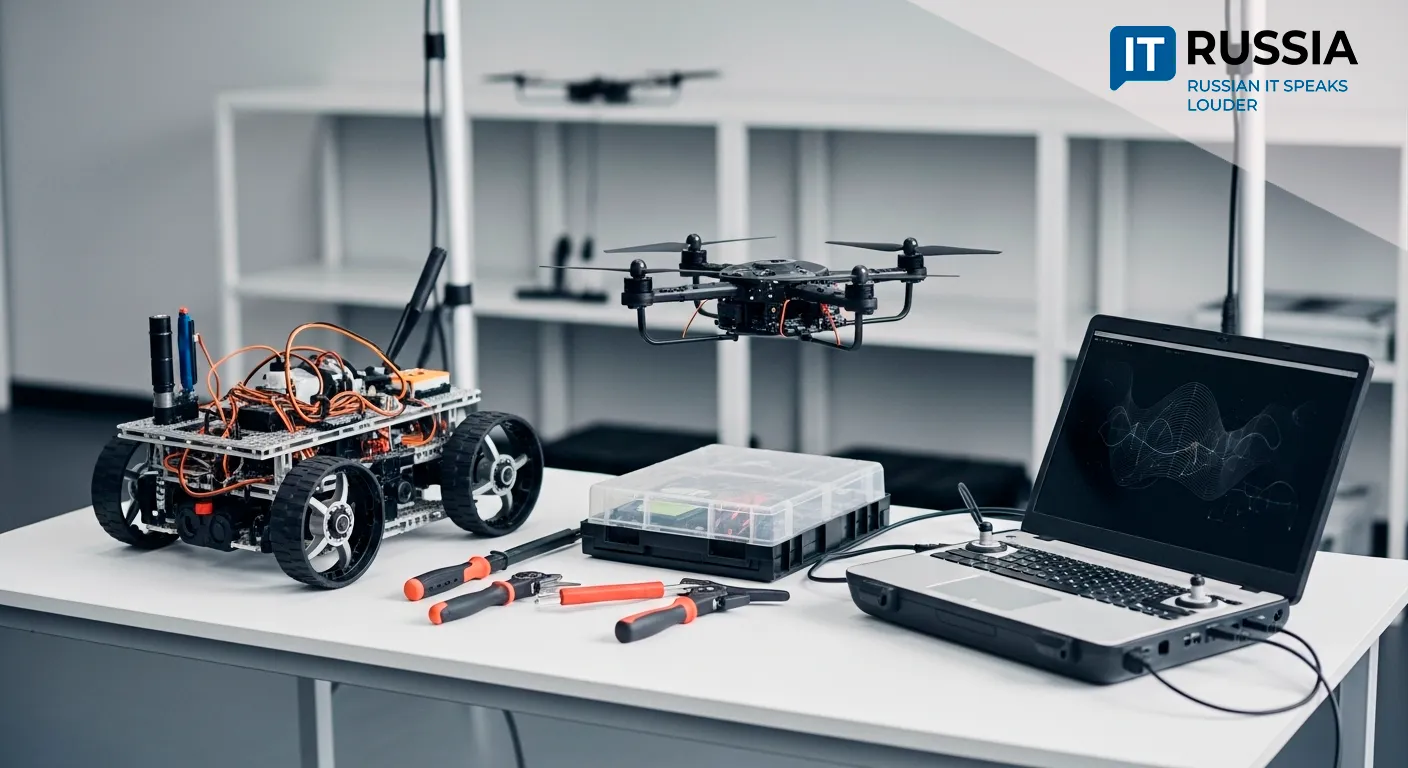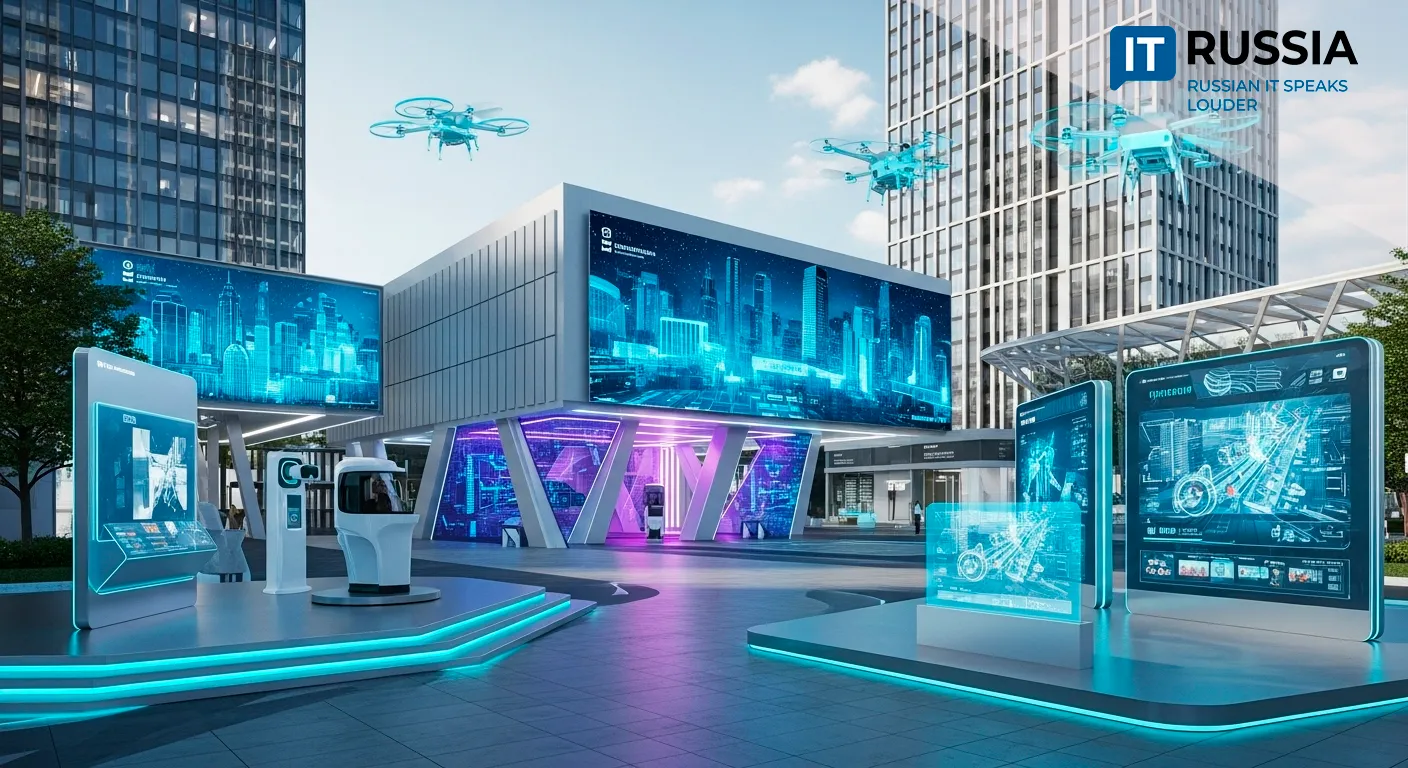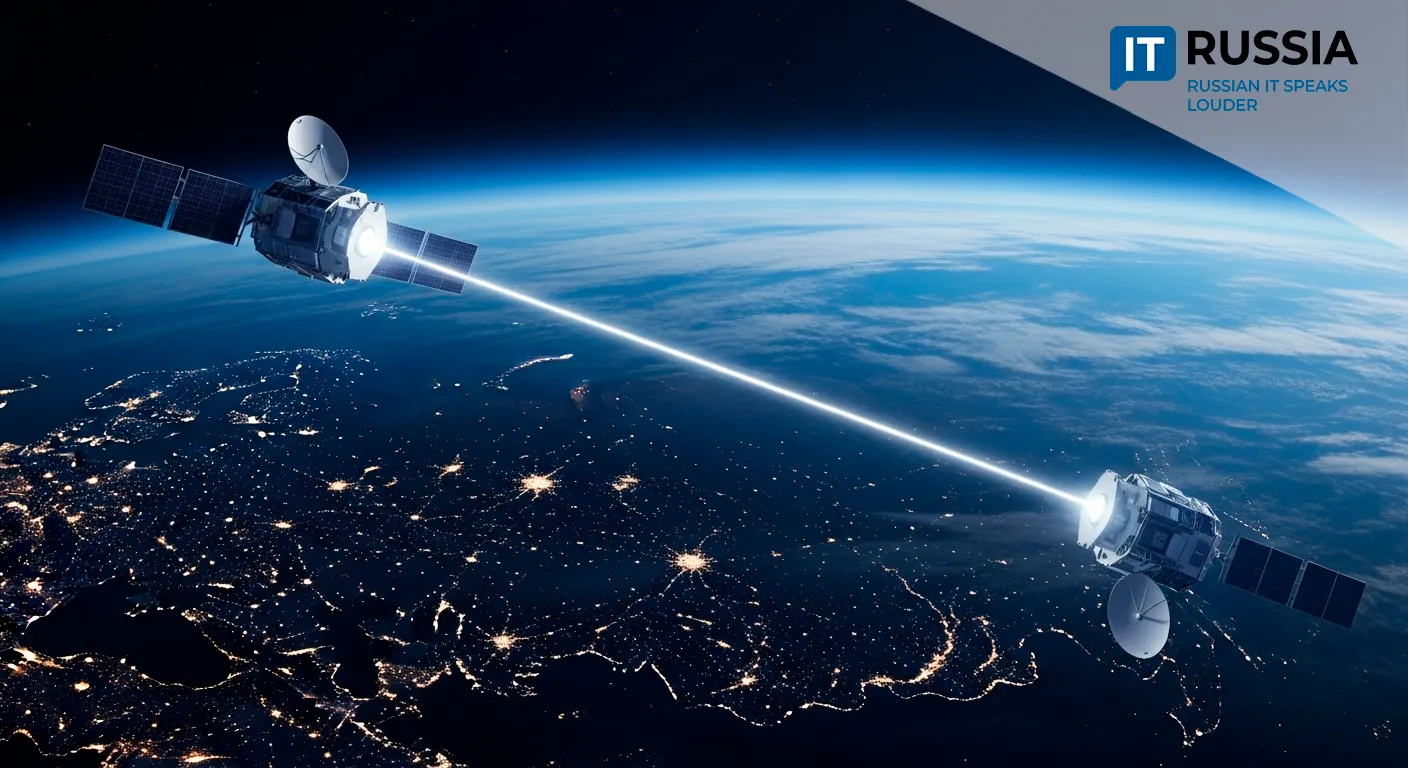One of Russia’s Largest Esports Arenas to Open in Yekaterinburg
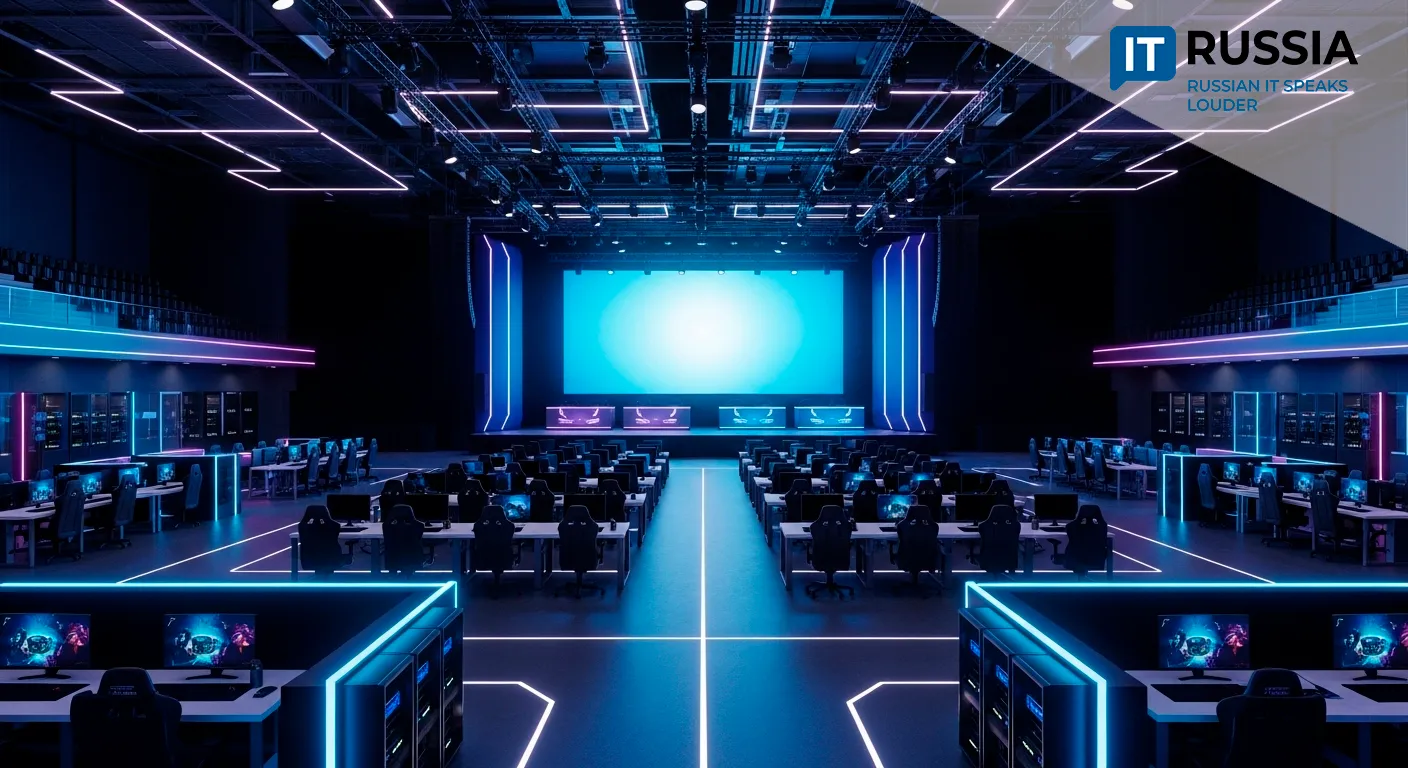
As esports go mainstream, Russia is betting on regional innovation. Yekaterinburg will soon host one of the country’s largest esports arenas—a move poised to redefine how gaming powers digital skills and youth education.
Yekaterinburg’s Esports Leap Forward
Later this August, Russia will open its largest esports arena outside Moscow and St. Petersburg in the city of Yekaterinburg. Spanning nearly 3,000 square meters, the two-story facility is built to host competitive PC, console, mobile, and VR gaming. With space for over 400 players simultaneously, the arena features a full-scale tournament stage, a massive display, and a professional-grade streaming studio.
This project reinforces Yekaterinburg’s growing reputation as a national esports hub. According to Tatiana Savinova, deputy governor of Sverdlovsk Oblast, the arena will serve more than just entertainment—it will become a learning platform for youth across Russia. She noted that esports is proving to be a strong vehicle for developing digital literacy, identifying talent, and helping students discover future career paths.

A National Shift Toward Infrastructure
Russia’s esports ambitions are not isolated. According to a recent poll by VTsIOM, nearly one in three Russians believe the country must invest in esports infrastructure. Currently, most professional gamers train at home or on bootcamp-style sites set up by private clubs. But demand is outpacing capacity.
This year, Kazan hosted the international ‘Games of the Future’—a multi-sport event integrating esports, further cementing digital gaming’s place in mainstream culture. In June 2025, Russia’s Ministry of Sports introduced a federal standard for training esports athletes, expected to take effect in January 2026. Aspiring players will be evaluated not just on gameplay but on physical fitness and hand speed: 30-meter sprints, shuttle runs, push-ups, and a click test that requires at least 180 left mouse button clicks in 30 seconds.

Experts are also recommending mandatory standards for esports training venues, including gyms, locker rooms, showers, and onsite medical support.
Looking Beyond the Region
The Yekaterinburg arena is more than a local landmark—it’s a launchpad. It’s expected to host international tournaments, incubate IT startups, support coworking spaces, and run regional training programs. The regional government aims to connect youth with real-world opportunities through skill development and job exposure.
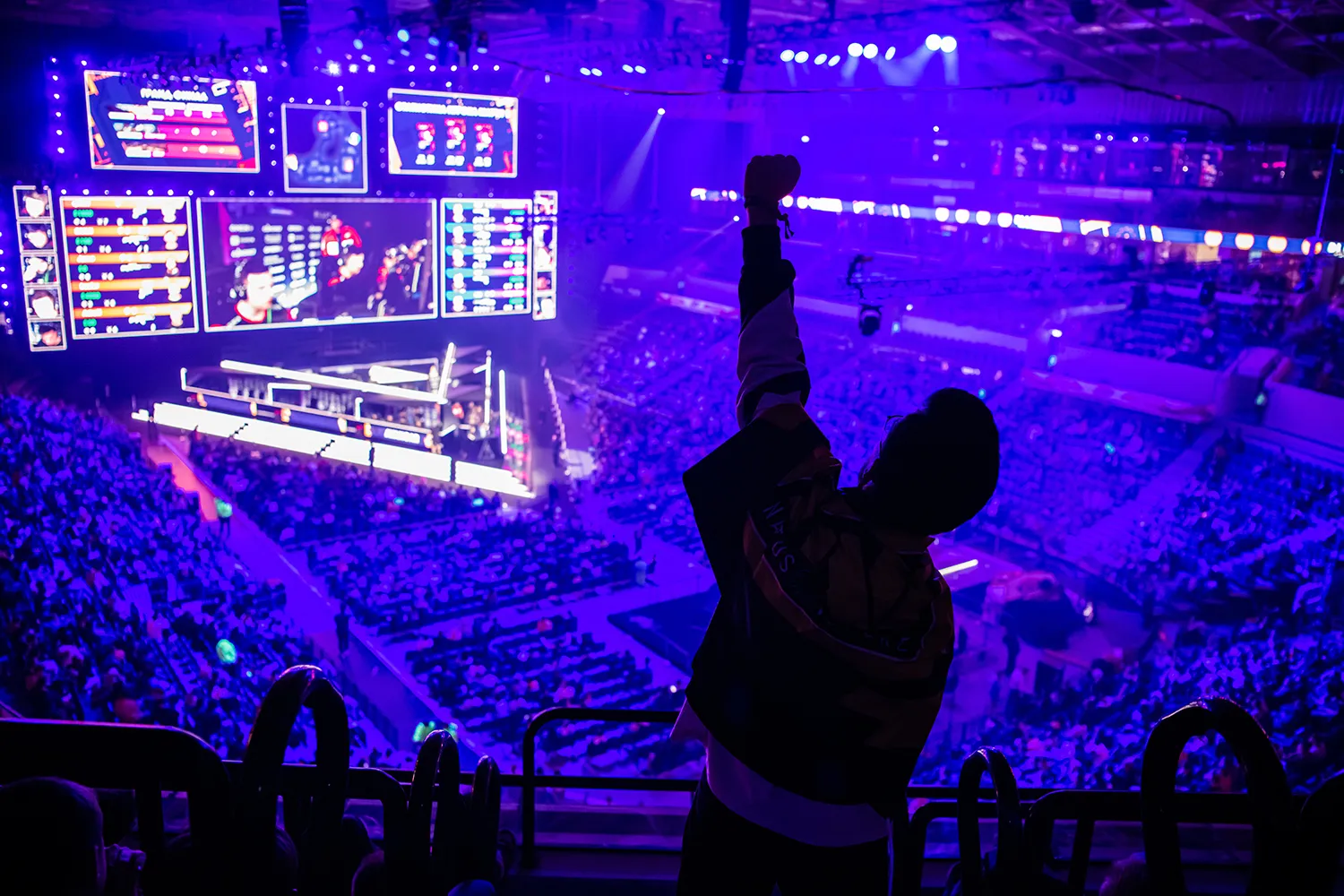
By late 2025 and into 2026, the arena will serve as a nucleus for commercial tournaments and integrated educational programs, with employers and sponsors from Russia, the CIS, and Europe already showing interest. The long-term vision includes hosting cross-border competitions and aligning the venue with global esports calendars.
































